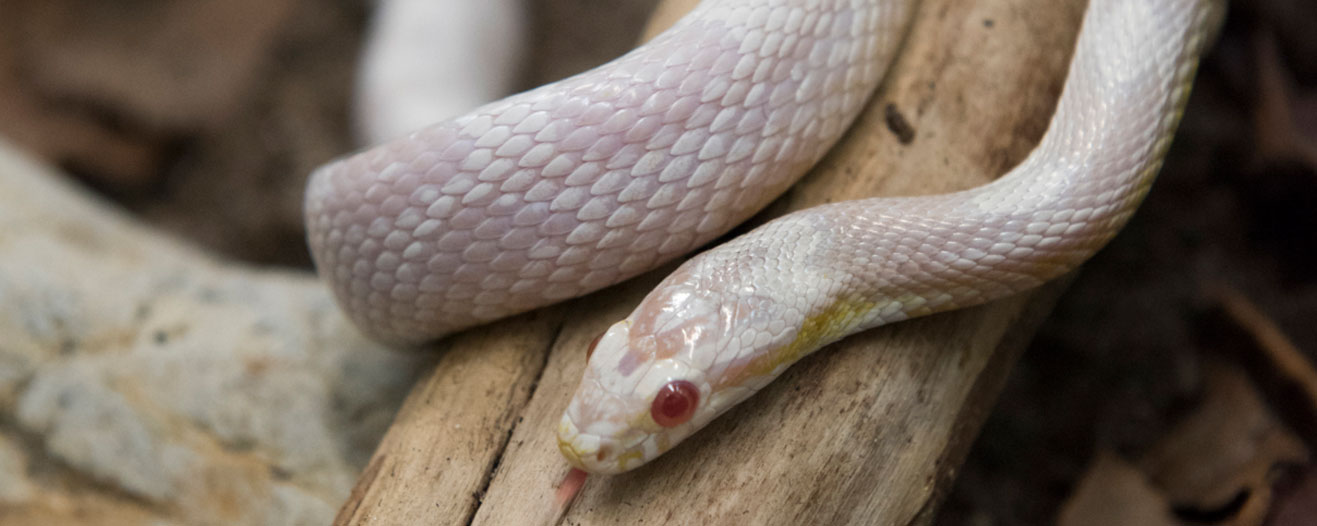- Find a Pet
- Advice and Welfare
- Ways to Give
- Get Involved
- What We Do
- Search
- My RSPCA
- Report a concern
- Gift in Wills
-
Colour modeVivid Calm
- Home
- Advice and welfare
- Pets
- Exotic pets
- Our concerns
Exotic pet concerns
We have concerns about the trade and keeping of exotic pets. Trends are often linked to social media, film and TV, as was the case with the demand for terrapins following the film 'Teenage Mutant Ninja Turtles'.
We're opposed to wild-caught animals being part of the exotic pet trade, as these animals are taken from the wild and often transported long distances.
Here's more on why we're concerned about exotic pets.

Exotics have specialist needs
Caring for exotic pets can be challenging and expensive. Because they aren’t domesticated, the welfare needs of exotic pets are the same as they would be when the animals are living in the wild. Only animals that can have their welfare needs met and can experience a good life should be kept as pets.
Research has shown us that often parents will buy exotic pets for their children, who soon lose interest in them. They’re often considered easy to keep, but this isn’t the case.
Impulse buying often means people haven't done their homework about the reality of what they're taking on with an exotic pet. Animals may become aggressive, grow exceptionally large, live for a long time or require a licence or paperwork to be legally kept or sold.
Some exotic animals aren't suitable as pets
Many animals kept as pets can experience a good life and can enrich the lives of their human companions. However, some animals are not suitable as pets. This could be because their welfare needs are too difficult to meet in a home, so their owners can’t be responsible and give them a good life. This includes primates, foxes, and meerkats.
Escaped or unwanted exotic pets
Exotic pets often end up in our care after people realise, they're not easy to care for (or once the novelty wears off). Others are rescued after they've escaped or been released on purpose. Some species can be difficult for us to rehome, due to lack of suitable homes or interest.
Non-native species may not survive in our countryside and are illegal to release or to allow to escape. Any non-native species that can survive in the wild could also be an invasive species risk to our native wildlife.
Help and advice for exotic pets
It can be hard to find expert, science-based care information for exotic pets. Sellers may not give buyers accurate information, and online sources can be unreliable. A vet with knowledge of exotics is vital but may be far away from you and expensive.
We've also published a report with the Born Free Foundation, calling for an urgent review of the current legislation on exotic pets. We want to see better regulations that limit the keeping of wild animals as pets to species which are likely to experience good welfare.
One way of doing this could be a positive list, which is a list of species that are allowed to be kept as pets. These are created based on assessments of the risks to animal welfare, biodiversity and human health and safety. Find out more about positive lists in our report The Exotic Pet-demic.
Read our exotic pet page for more information about caring for specific species.



